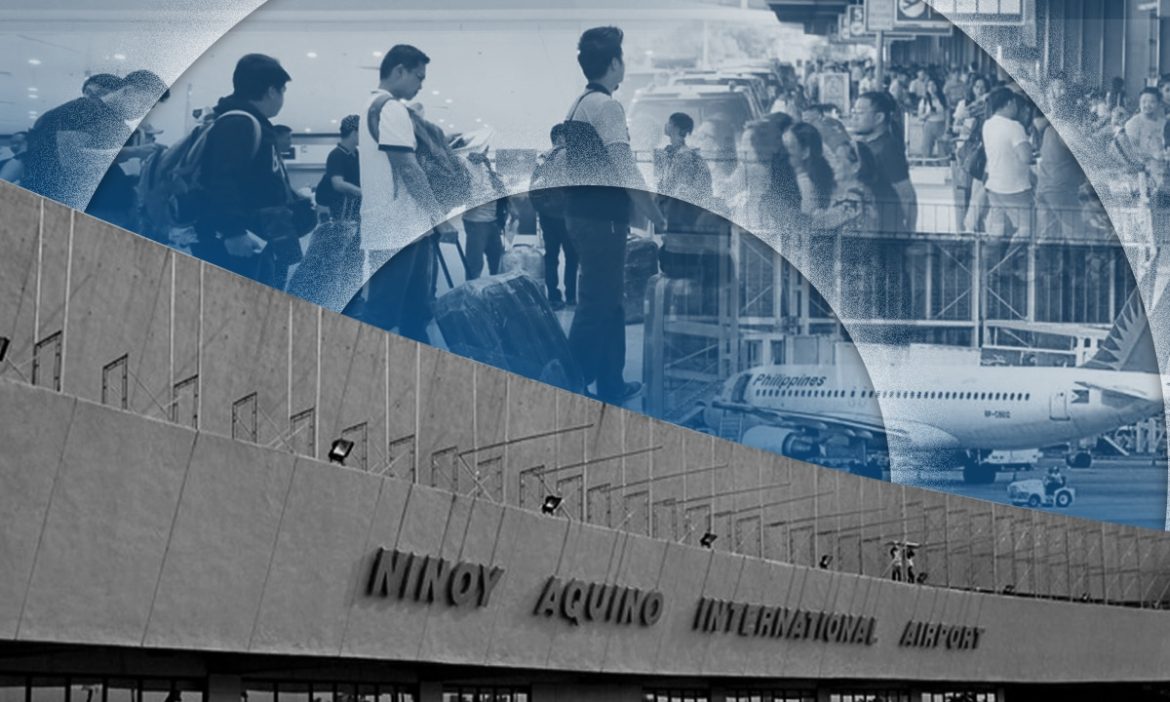A think tank, Infrawatch PH, has urged the Philippine government to address cargo handling issues at the Ninoy Aquino International Airport (NAIA) amid its ongoing rehabilitation. This call comes as the airport continues to face significant challenges, including parking problems and legal disputes over cargo operations.
Infrawatch PH emphasized the importance of resolving these issues promptly to prevent further disruptions. The think tank highlighted that legal battles have severely impacted the efficiency of cargo services at NAIA. This situation has led to delays and inefficiencies, affecting both domestic and international cargo movement.
NAIA, one of the busiest airports in the Philippines, has been handling increasing volumes of cargo over the years. For the first half of 2024, NAIA managed 275,492.68 metric tons of cargo, a 5.7% increase compared to the same period last year. Despite this growth in cargo volume, overall performance has been hindered by operational bottlenecks. The Manila International Airport Authority (MIAA) acknowledges the urgent need for improvements, especially in providing direct ramp access for cargo, which currently faces restrictions due to legal constraints.
A significant issue contributing to the cargo handling problems is an unresolved legal case preventing the opening of a new gate at the airport. This gate, approved by authorities to facilitate better cargo flow, remains blocked by a court order. The obstruction has resulted in logistical challenges that hamper the operations of cargo freighters using NAIA.
The think tank urges President Ferdinand Marcos Jr. and other relevant government bodies to expedite the resolution of these legal matters. Infrawatch PH stresses the need for a coordinated approach to deal with the complexities surrounding airport operations. Without resolving these legal and operational hurdles, the airport’s rehabilitation efforts may not yield the desired improvements in efficiency and capacity.
The rehabilitation of NAIA, which includes both structural upgrades and operational enhancements, is seen as crucial for maintaining its status as a key hub for aviation in the region. The airport has been undergoing various phases of renovation to improve its infrastructure and services. Improvements in cargo handling operations are considered vital to meet the growing demands of air transportation.
In addition to the cargo handling issues, NAIA faces other operational challenges. Reports indicate problems with baggage handling systems, particularly at Terminal 3. Although baggage services have reportedly returned to normal following recent disruptions, these incidents underscore the ongoing need for comprehensive upgrades throughout the airport.

